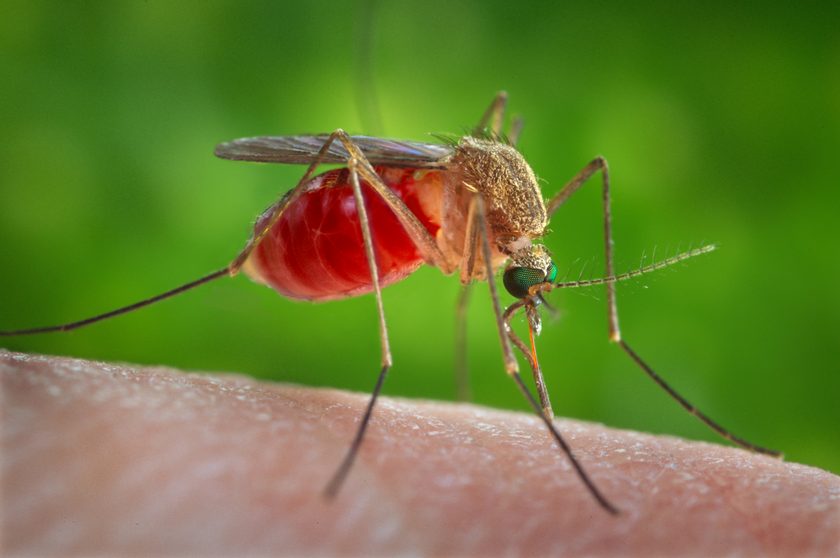- Sections :
- Crime & Public Safety
- Restaurants & Food
- Sports
- More
Well, this sucks… mosquito season is in full swing

- THE WOODLANDS, TX – Between the heat, threats of hurricanes, and soul-crushing humidity, summer in our part of Texas already bites. Adding to the sting of summer is the annual gatecrashing of the local mosquito population.
- Typically, mosquito season lasts from June through August; however, with our particularly Lone Star State weather conditions, we tend to be already a month into the season by this time each year, and we usually are still swatting at the pests well into September.
- Fortunately, Montgomery County Precinct 3 County Commissioner James Noack and his office are meeting the pesky threat head on with the annual mosquito abatement program. Through education, testing, rapid response, and a heady dose of airborne chemicals, the Precinct 3 crews work night and day to keep the bloodsuckers away.
- “Our mission is to help residents protect themselves and their families from mosquito-borne illnesses. We do this by following a comprehensive strategy that takes advantage of multiple mosquito control methods that reduce the public’s exposure to disease while maintaining a quality environment,” said representatives from Noack’s office in a statement.
- Protecting the community from mosquitos comes in different forms, including:
- Surveillance – During mosquito season, the Mosquito Abatement Team sets traps once per week in all areas of the precinct to track mosquito-borne disease activity and inform treatment decisions.
- Disease Testing – Teams test Culex quinquefasciatus and other Culex species mosquitoes for mosquito-borne diseases, such as the West Nile Virus. A select number of samples are sent to the Texas Department of Health Services for PCR testing while the rest are tested in-house using the RAMP system.
- Treatment – Areas where disease activity has been detected in the local mosquito population are treated using truck-based ultra-low volume (ULV) sprayers. These treatments take place when the species that carry disease are most active (between dusk and dawn).
To reduce the abundance of both disease-carrying and so-called ‘nuisance’ mosquitoes, crews target them in their larval stage. They identify and eliminate mosquito breeding sites within the county right-of-way. If a breeding site cannot be eliminated, they treat the area with larvicides, which are chemicals that are designed to kill mosquito larvae with minimal environmental impact.
Local mosquito species
Believe it or not, there are several types of mosquitoes in The Woodlands area, each with an ecosystem preference, hours of operation, and possible disease accompaniment. You might find yourself on the receiving end of the virulence of:
- Southern House Mosquito (Culex quinqufasciatus) – lives in residential areas, breeds in brackish water with high organic content. Carries the West Nile Virus. Active during early evening through early morning.
- Asian Tiger (Aedes albopictus) – lives in residential areas, breeds in artificial containers with relatively clean water. Carries no disease but is an aggressive daytime biter.
- White-Footed Mosquito (Psorophora ferox) – lives in woodland areas; it is a ‘floodplain mosquito’ usually seen 1 - 2 weeks after a heavy rainfall. Though it is disease-free, it is an aggressive bloodsucker and is active all day.
- Elephant Mosquito (Toxorhynchites) – lives in woodland and residential areas. These disease-free mosquitoes do not take a blood meal; instead, they drink nectar, and their larvae eat other mosquito larvae. They are active during the daytime.
Your best bets against mosquito attacks include ensuring there is no standing water on your property (puddles, clogged gutters, and the like), spraying yourself with approved repellant, and burning citronella candles outdoors. Meanwhile, Precinct 3 crews have completed approximately 67 zones, with another nine to go over the next few days.
To learn more about the Precinct 3 Mosquito Abatement Program, visit www.precinct3.org.

















